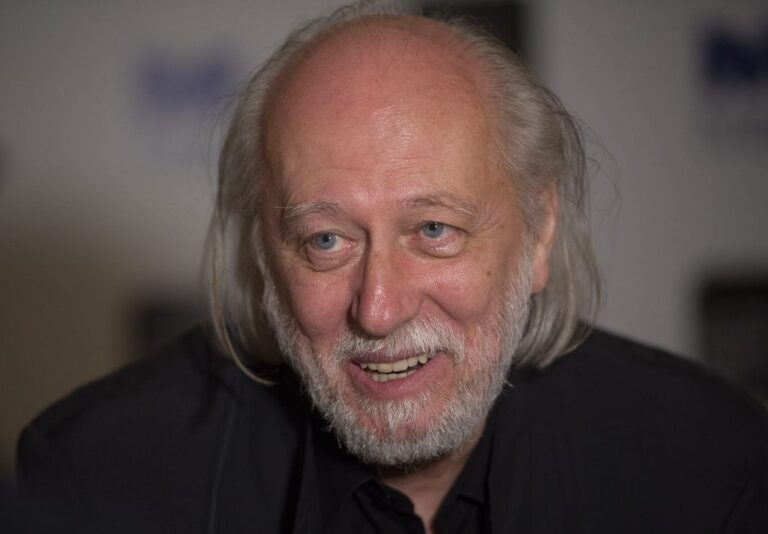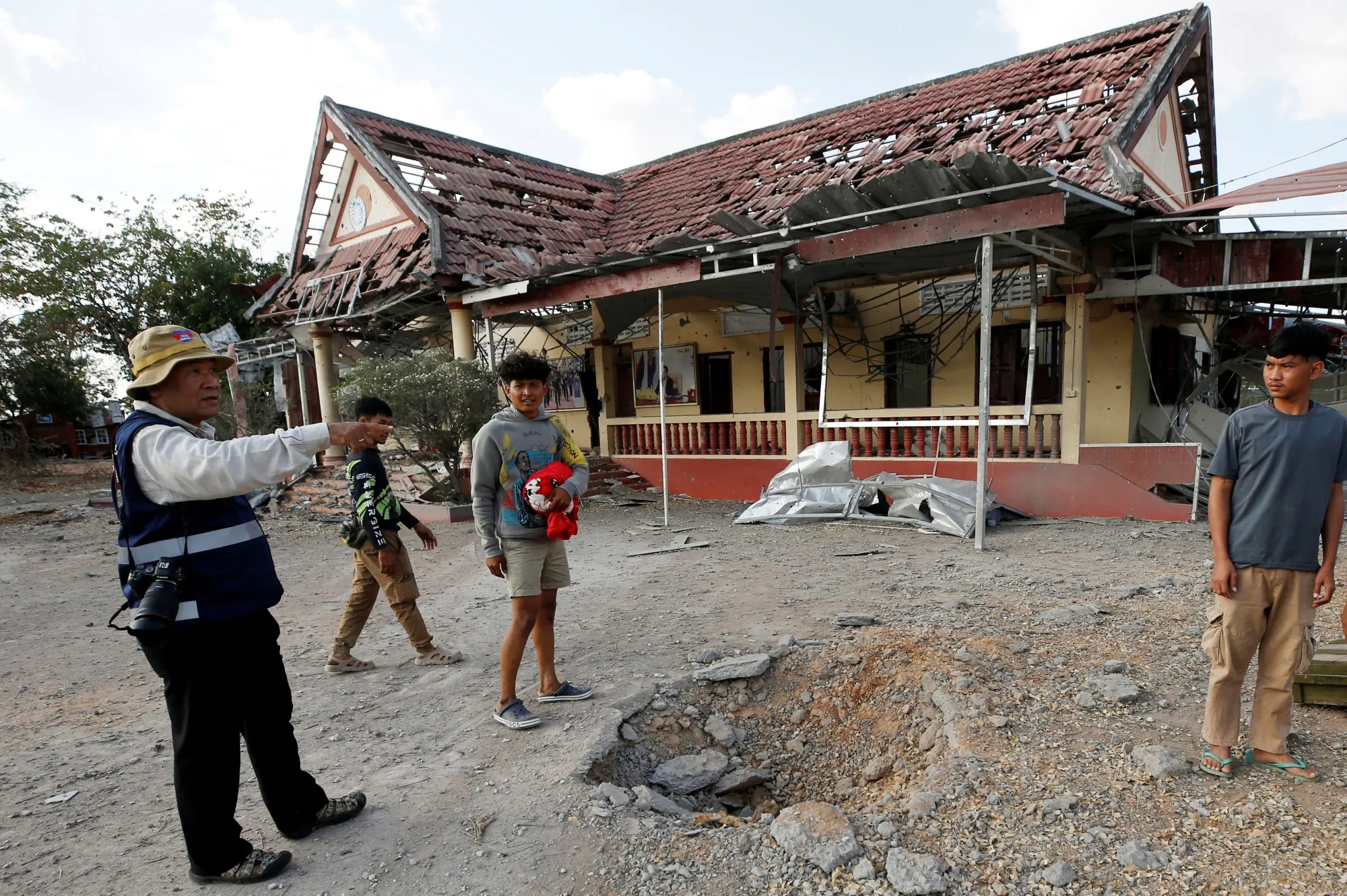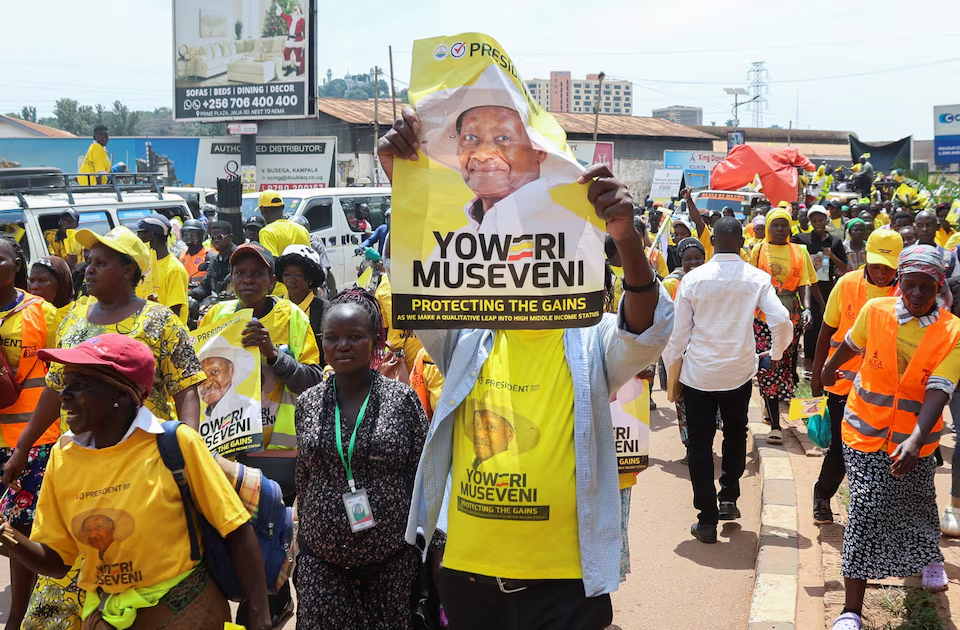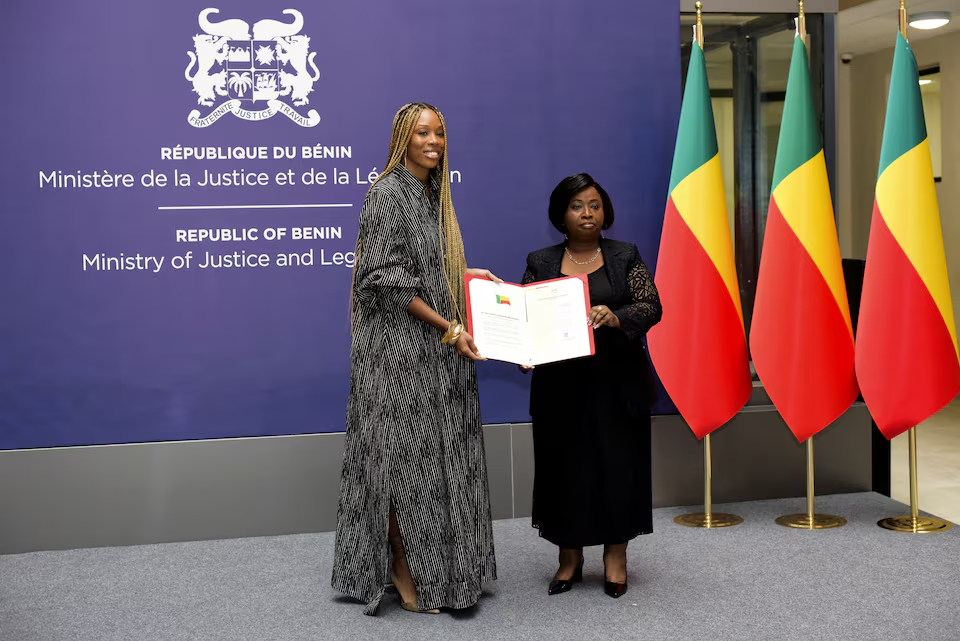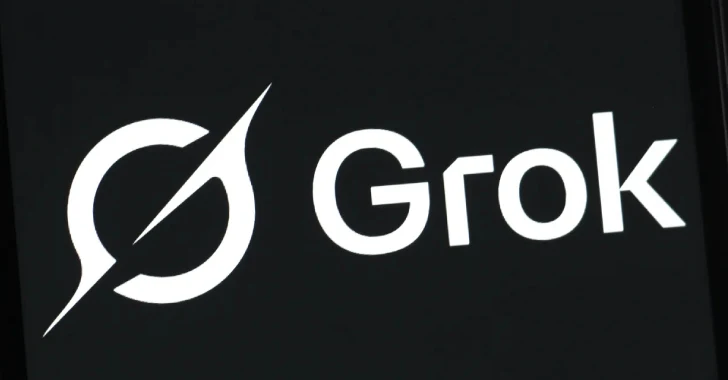Hungarian novelist László Krasznahorkai has been named the winner of the 2025 Nobel Prize in Literature, honoured for a lifetime of writing that the Swedish Academy described as “compelling and visionary” and capable of reaffirming “the power of art in the face of apocalyptic terror.”
The author, reached by phone while visiting Frankfurt, told Swedish Radio that the news left him “happy, calm and very nervous at the same time.”
Born in 1954, Krasznahorkai first gained international notice with his 1985 debut Satantango, a bleak yet darkly humorous portrayal of a collapsing rural community. The novel, later turned into a seven-hour black-and-white film by director Béla Tarr.
Over four decades, he has built a reputation for indepth statements that causes deep thinking. He usually focuses on philosophical related themes that often compares the line between chaos and faith. His major works include The Melancholy of Resistance (1989), War and War (1999), and Seiobo There Below (2008).
The Academy described him as “a grand storyteller in the Central European lineage of Kafka and Bernhard, marked by absurdity, humour, and an obsession with human endurance.”
Krasznahorkai, who left Hungary for West Berlin in the mid-1980s, has been inspired by life under communism and his later travels through Asia and Europe. His 2021 novel Herscht 07769, written in German, follows a young man navigating crisis and violence in a small Thuringian town. British publisher Serpent’s Tail called it “a portrait of social anarchy and loss on the eve of modern Europe’s disillusionment.”
Read Also: Scientist Discovers Nobel Prize Amid Montana Backcountry Hike
His most recent work, Zsömle Odavan, returns to Hungary with a satirical tale about a nonagenarian who secretly believes he is the country’s rightful king.
Krasznahorkai has previously won the 2015 Man Booker International Prize and the 2013 Best Translated Book Award in Fiction.
He is the second Hungarian writer to receive the Nobel, following Imre Kertész, who was honoured in 2002 for exploring moral survival during the Holocaust.
The Nobel Prize in Literature has been awarded 118 times since 1901, with 18 women among the recipients. Last year’s laureate was Han Kang of South Korea, praised for her poetic prose confronting historical trauma. Krasznahorkai will receive his medal and diploma at a ceremony in Stockholm this December.

